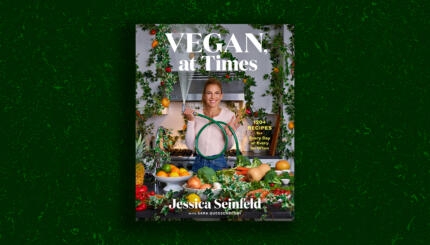I love food shopping, probably even more than I enjoy clothes shopping. There’s something both exciting and relaxing about meticulously planning a menu, and then leisurely strolling down aisles to pick out each item.
I am pretty good about writing out a list before I head to shop, but I don’t coupon-cut like my mother did, nor do I spend too much time analyzing my supermarket habits or strategies.
But, after I watched a CNBC special insider look into supermarkets, “Supermarkets Inc: Inside a $500 Billion Dollar Industry,” that might change. The investigative piece explored, as you might guess, the supermarket industry in America, what motivates Americans’ food shopping habits and the strategies of supermarkets.
For example: why is milk all the way in the back? Because most people are going into the supermarket to buy milk, so if its at the back, they have to walk through the entire store, passing by more products that might tempt them to buy. (Stew Leonard’s unique shopping experience is based entirely on this premise.)
So what are the implications for Kosher food? Pomegranate market in Brooklyn, NY has already picked up on current food trends: providing prepared foods, quality fish and speciliaty items that are typically difficult to find with a hechsher at your average kosher market.
Will other “Kosher Whole Foods” markets start cropping up across the country? Are there others already around that I don’t know about? Let me know, and go watch the CNBC special – your food shopping may never be the same again.
hechsher
Pronounced: HEK-sher, Origin: Hebrew, kosher certification for foods, and some other items, identifies product as complying with Jewish law.
kosher
Pronounced: KOH-sher, Origin: Hebrew, adhering to kashrut, the traditional Jewish dietary laws.




